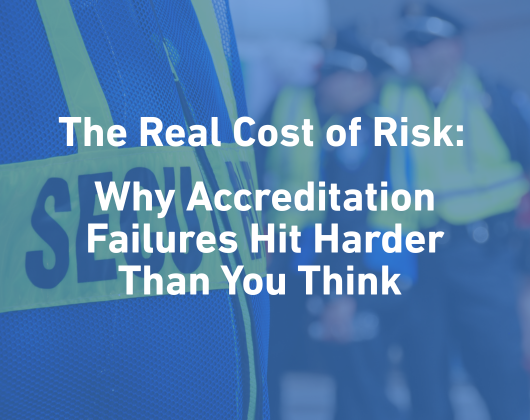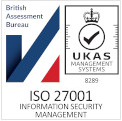Event accreditation plays a critical role in ensuring the security, authenticity, and operational efficiency of events and venues. But what exactly is event accreditation, why is it so important, and how can it be effectively implemented? Let’s explore these key aspects step by step.
🔎 What is Event Accreditation?
At its core, event accreditation is a comprehensive process designed to ensure that only authorised individuals gain access to specific areas of an event or venue, and gives organisers the power to know who is in their space at any given time. However, it extends far beyond the simple act of issuing badges. In fact, effective accreditation encompasses a wide range of activities, including:
- Seamless Data Management: Collecting, storing, and managing attendee information in a secure and efficient manner.
- Audit Trails: Keeping detailed records of who has access to what and when, providing a robust accountability framework.
- Customisable Badge Templates: Creating unique badges tailored to different access levels and roles, ensuring clarity and security.
- Robust Communication Tools: Facilitating clear and effective communication between all parties involved in the accreditation process.
🔎 Why is Event Accreditation Crucial?
The importance of event accreditation cannot be overstated. First and foremost, accreditation provides a structured method to manage access and verify identities. As a result, only authorised and vetted individuals can enter specific areas, significantly enhancing the overall safety of the event.
Additionally, accreditation boosts operational efficiency. By automating and streamlining processes, it reduces the likelihood of manual errors and ensures real-time data availability. Consequently, this efficiency is crucial for smooth event operations.
Moreover, comprehensive accreditation allows event organisers to maintain control over who is in their space. This ensures compliance with security protocols and delivers a seamless experience for all stakeholders.
Finally, a secure and well-managed event enhances the reputation of the organisers. This leads to increased trust and potential for future collaborations.
🔎 How to Implement Advanced Event Accreditation
Implementing a robust accreditation system involves several key steps:
- Define Access Zones: Clearly delineate specific areas within your event that require restricted access. By defining these zones, you control who can enter, thereby enhancing security.
- Real-Time Tracking: Utilise technology to track who is in your space and why they are there at any given time. This not only improves operational efficiency but also reduces the threat of unauthorised access.
- Background Checks: Conduct thorough background checks on individuals before granting access. This step is crucial for ensuring that only vetted and trustworthy individuals are allowed entry, leading to a safer event environment.
- Custom Badge Creation: Finally, design and issue customized badges and passes that reflect the access rights and roles of individuals. This final step in the accreditation process provides a tangible representation of the security measures in place.
By following these steps, you create a robust end-to-end accreditation system that not only enhances security but also improves the efficiency and overall success of your event.
Event accreditation is an essential component of successful event management. It provides the structure and tools needed to ensure security, enhance efficiency, and maintain control over your event space. By understanding the what, why, and how of accreditation, event organisers can deliver a seamless and secure experience for all attendees, stakeholders, and participants.
Time to talk?
Get in touch if you are interested in talking all things accreditation – info@accredit-solutions.com





![EAS-Accredit-300dpi[22]](https://www.accredit-solutions.com/wp-content/uploads/2024/01/EAS-Accredit-300dpi22-300x156.png)

